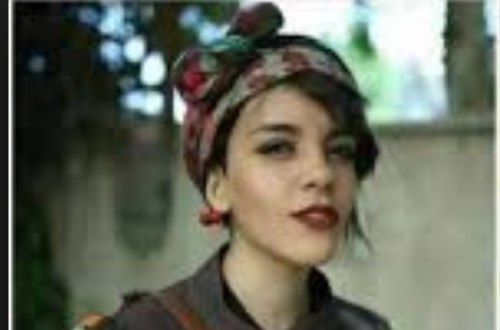Here are some characteristic moments from coverage of the conviction of Iftikhar and Farzana Ahmed for the murder of their daughter.
First – Sunny Hundal in the Times (£) (or, to avoid the paywall, you can read the shorter version which appeared in the New Statesman):
We on the left of politics became complicit in a conspiracy to leave forced marriages largely unchallenged. Caught between attacks from the right on multiculturalism and fears that speaking out would be racist, we became paralysed into inaction and now find ourselves living with an epidemic of systematic abuse and violence against British Asian women, to which our response ranges from ineffectual to marginal.
It was a good piece, although I paused on ‘attacks from the right on multiculturalism’. Which kind of multiculturalism and which kind of right? As someone who essentially agreed with David Cameron’s speech on multiculturalism, but thought the Daily Mail article analysed here was appalling, I would have found clarification of that remark helpful.
Sara Khan’s article in the Guardian was particularly compelling:
Over the past two decades I have heard countless stories from women who were ostracised by their communities and let down by the agencies who should have helped them. One young woman, Laila, had been emotionally blackmailed into a marriage at the age of 18. Forced to live with her in-laws in a house with seven others, she spent her days not at college as she had wanted, but cooking and cleaning for her in-laws. They didn’t even allow her access to the toilet and she was forced to use a jug in her bedroom even during labour. “I was treated like a slave to the rest of the family,” she told me. When she begged midwives and health visitors for help they weren’t interested. When she approached social services, “they couldn’t care less”.
Another woman, Sameena, had been sexually abused by family members since the age of eight. She had been pulled out of school at the age of 15 and forced into a violent marriage. “My teachers were aware of the abuse but failed to act out of fear of upsetting my parents. Yet my parents kept telling me I deserved this abuse.”
Barbara Ellen strikes a different note, complaining that coverage of the story has:
… amounted to an open season on liberal-bashing: the overwhelming consensus that a culture of political correctness, liberalism, leftie cultural squeamishness, call it what you will, was largely to blame …What dangerous, foolish nonsense.
Do people seriously believe that tolerance towards other races and cultures is a “problem”, equal to, or worse, say, than intolerance towards other races and cultures?
There’s a disingenuous illogic in the transition between those two paragraphs. No one (except on the fringes) is saying that racial tolerance is a problem. But ‘culture’ can mean many different things – and, depending on how you define that word, tolerance of certain cultures, or aspects of those cultures, can be a very bad thing indeed.
There is definitely a place for an analysis of how cases like these can be used to demonise particular races or religions completely – and here by the way is Spencer dragging up ‘evidence’ that honour killings are sanctioned in Islam – but Ellen goes way beyond that. She continues:
In fact, I’m confused: where is this liberal-leftie sensibility that’s so often cited and attacked, this blinkered ideology that’s so far up its own right-on backside, so anxious not to cause offence, that it finds it acceptable to leave young girls such as Shafilea in danger? Does it exist or is it just a convenient myth?
If Barbara Ellen wants a serious answer to that question – she should perhaps read the first two pieces I linked to.
Update: I completely forgot to mention Cristina Odone’s article in the Telegraph. Although I criticised Robert Spencer, I do not of course want to suggest that people shouldn’t be able to discuss the relationship between Islamic culture(s) and this, or any other, unwelcome practice. But Odone seems to overemphasise the importance of religion as a direct influence on the Ahmeds.

